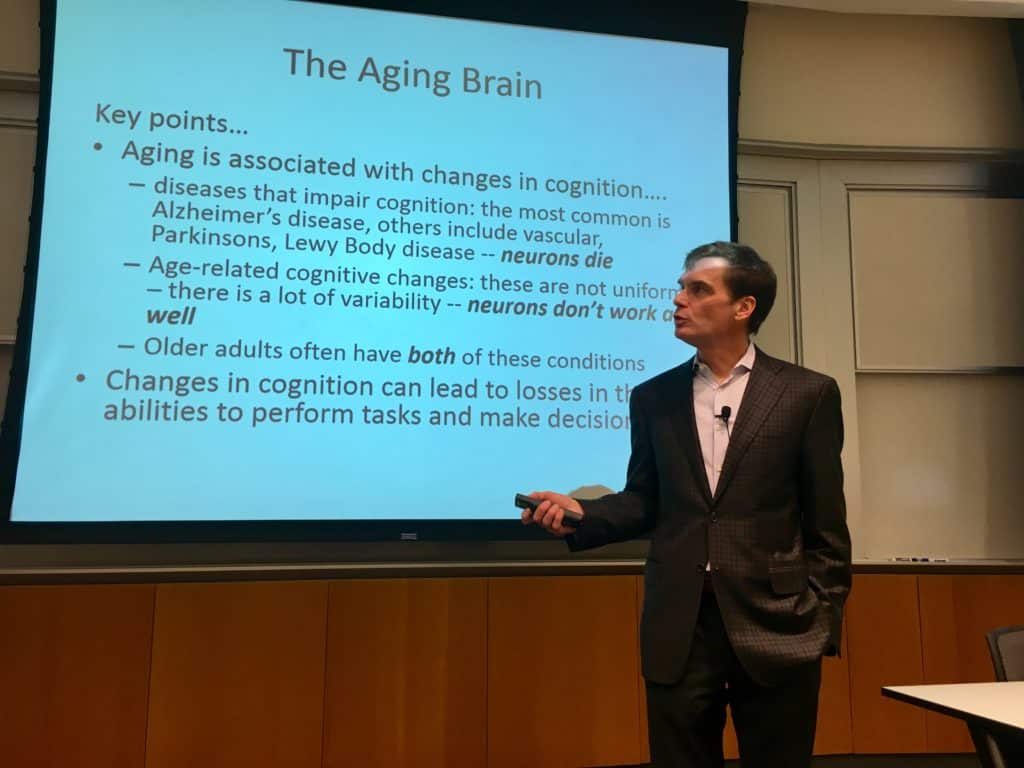Following several failed trials, what is the way forward in Alzheimer’s disease? Learning from mistakes and focusing on prevention, answers Jason Karlawish, MD, professor of medicine, medical ethics and health policy, and neurology at the University of Pennsylvania Perelman School of Medicine and co-director of the Penn Memory Center, in this exclusive MedPage Today video.
“Prevention is a tall order. If taken literally, it means you take a treatment before you have any signs or symptoms of the disease and the treatment prevents you from ever developing those signs and symptoms,” said Karlawish. “Will we achieve that by 2025 in Alzheimer’s? I think it’s unlikely.”
“It’s a complicated disease. There are many pathologies involved on top of an aging brain. But I think the signals from our studies are telling us that we may be able to slow down the decline seen over time in people who have Alzheimer’s pathology, and delay the time before people lose the capacity to do their daily activities like managing their money or driving.”
